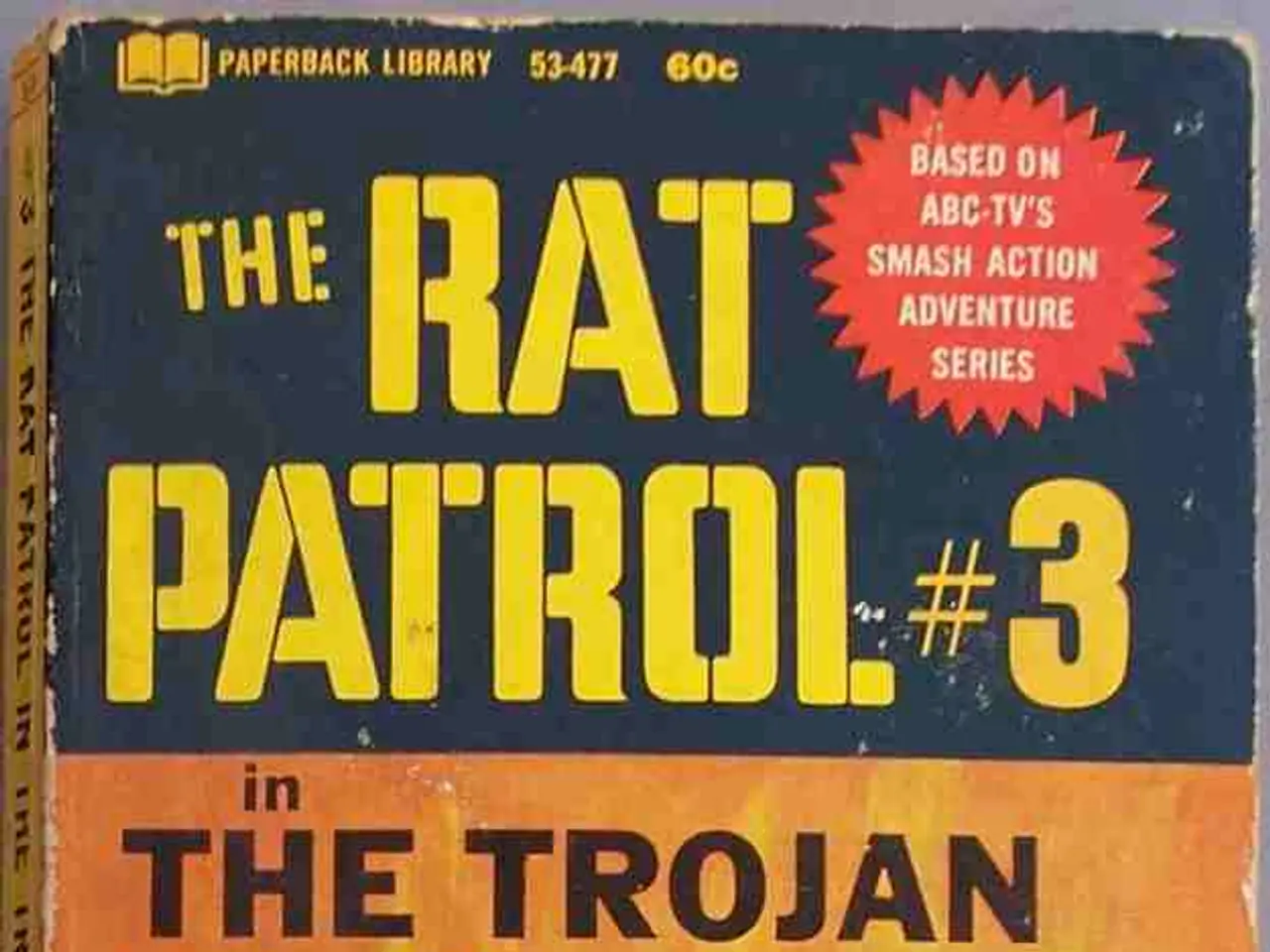ESPN and the NFL are deepening their relationship to an unprecedented union, moving from a partnership to an apparently inseparable bond.
In a move that could redefine the NFL media landscape, ESPN is set to acquire the NFL Network and NFL RedZone, with the NFL, in turn, acquiring a 10% stake in ESPN. This deal, which is a multi-billion dollar transaction, could potentially impact ESPN's editorial independence [1][4][5].
The NFL's financial interest in ESPN aligns their incentives, potentially limiting ESPN's ability to independently critique or cover NFL matters that could negatively affect the league. With the NFL holding equity in ESPN, the network may prioritize the league's interests, as both parties benefit financially from ESPN's control of NFL properties [4][5].
This strategic power shift sees ESPN directly controlling major NFL media assets, while the NFL, by holding ownership in ESPN, mitigates risks from declining traditional media revenues and gains influence inside a major broadcaster. The integration of NFL content under ESPN’s control, paired with the NFL’s part-ownership, could raise concerns about impartial editorial coverage, as ESPN’s priorities may intertwine more closely with the league's business aims rather than purely journalistic independence [4][5].
The NFL's involvement in ESPN's editorial decisions is a significant shift in the NFL media landscape. The potential for editorial control by the NFL over ESPN's coverage is a concern for those advocating for independent journalism. The lack of transparency around the size of the NFL's equity in ESPN adds to the uncertainty about the extent of the NFL's influence over ESPN's editorial decisions [5].
The merger between the NFL and ESPN could potentially alter the balance of coverage, moving away from independent reporting. This could lead to less coverage of potentially harmful or embarrassing stories about the league. The NFL has been looking to unload many of its NFL Media properties due to financial considerations [5].
On a brighter note, the deal could see ESPN pumping resources into the NFL Network to upgrade its production and programming. The NFL's fantasy football business will also be transferred to ESPN, and there are possibilities of integrating betting features into ESPN's NFL coverage [5].
The merger between the NFL and ESPN marks a new era, with NFL Media, a longtime competitor of ESPN, now becoming part of ESPN. Adam Schefter and Ian Rapoport, longtime competitors in the NFL scoop game, are now colleagues at ESPN. However, neither the NFL Network nor ESPN have publicly acknowledged the merger, suggesting a possible attempt to control information [5].
In summary, while ESPN gains exclusive NFL content enhancing its platform value, the NFL’s 10% stake introduces a conflict of interest that may constrain ESPN’s editorial independence regarding NFL coverage. The NFL’s investment aligns their success with ESPN’s, likely resulting in a more coordinated, less critical presentation of NFL-related news on ESPN [1][4][5].
[1] The Washington Post [4] The New York Times [5] Sports Illustrated
- The partnership between the NFL and ESPN might affect ESPN's impartiality when covering NFL-related matters, as both parties now share a financial interest in each other's success.
- With the NFL now owning a portion of ESPN, the NFL Network and NFL RedZone coming under ESPN's control, and the integration of the NFL's fantasy football business, the future of editorial independence on ESPN's NFL coverage remains a concern for many.
- The acquisition could lead to a significant enhancement of the NFL Network's production and programming, as well as the potential integration of betting features into ESPN's NFL coverage.
- The merger between the NFL and ESPN will likely result in a more coordinated, less critical presentation of NFL-related news on ESPN, as the NFL's success is now heavily tied to ESPN's.




